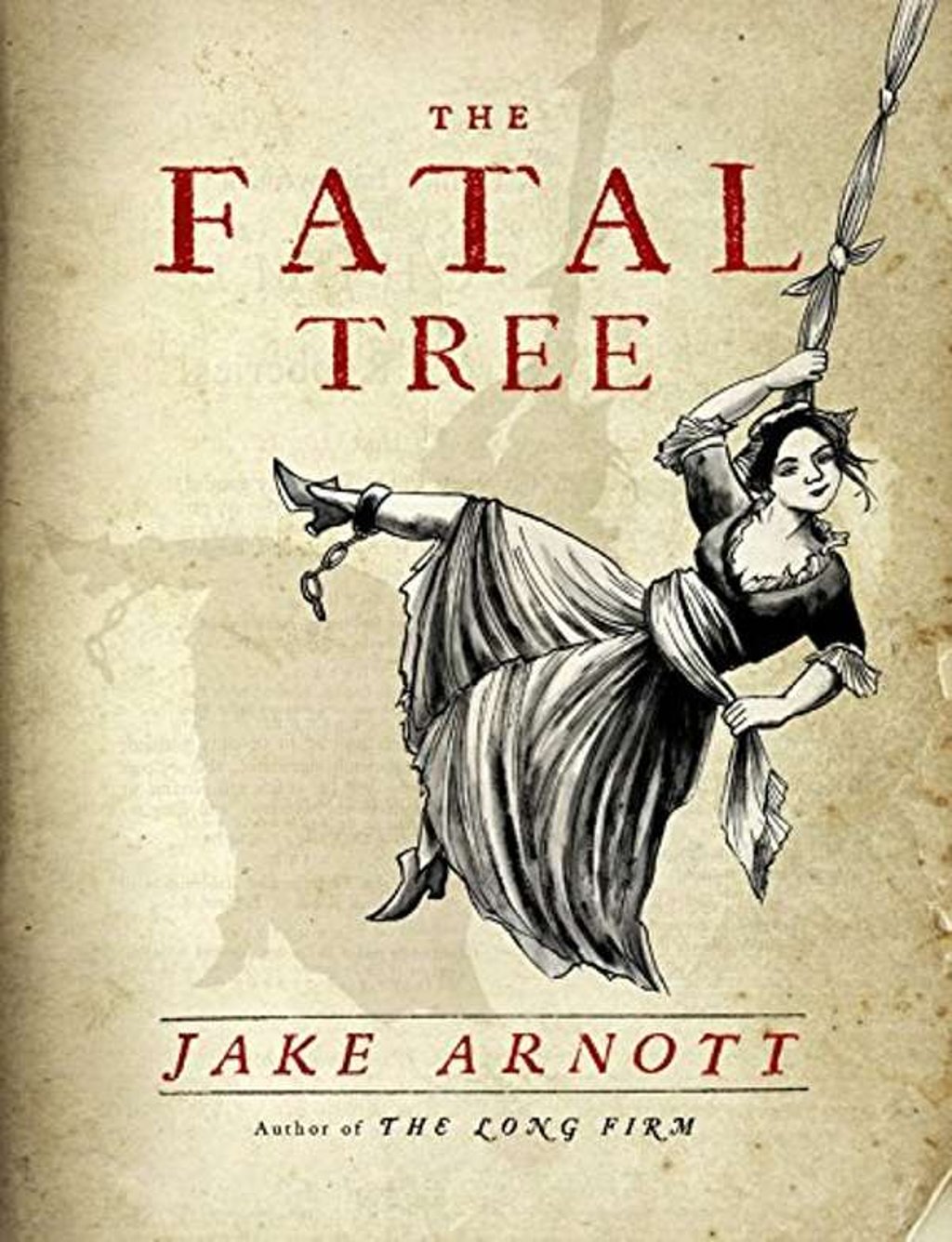Review | Jake Arnott returns to the scene of the crime in London’s 18th-century demi-monde
Arnott’s obsession with nasty racketeers manifests itself in this page-turner about prostitutes and thieves in the slums of 18th-century London


by Jake Arnott
Hodder & Stoughton
Jake Arnott’s last novel, The House of Rumour, was just about my favourite book of 2012. A cut-up of episodes about Scientology, science fiction, fascism and the occult, it constructed myths about mythmaking in the most enjoyable fashion. The Fatal Tree feels more like Arnott’s previous work: a sordid slice of historical crime, although the history in question dates all the way back to 18th-century London. Nevertheless, Arnott’s obsession with nasty, complex and eminently famous racketeers (see the Krays in his debut, The Long Firm) is visible in this vivid portrait of Romeville: London’s demi-monde of the 1720s. In essence the novel is a two-hander. Edgworth Bess is a prostitute whose sharp tongue and sharper wits helps her navigate The Hundreds of Drury, a notorious den of thieves. Bess speaks in lively, if sometimes baffling patois: “When I tell the flash citizens of Romeville that I grew up a gentry-ken,” she says of her short-lived childhood among the aristocracy. Her unfair expulsion after sleeping with the young master of the manor house fires her revenge plot in tandem with ne’er-do-well Jack Sheppard. A challenging page-turner that fortunately includes a glossary.